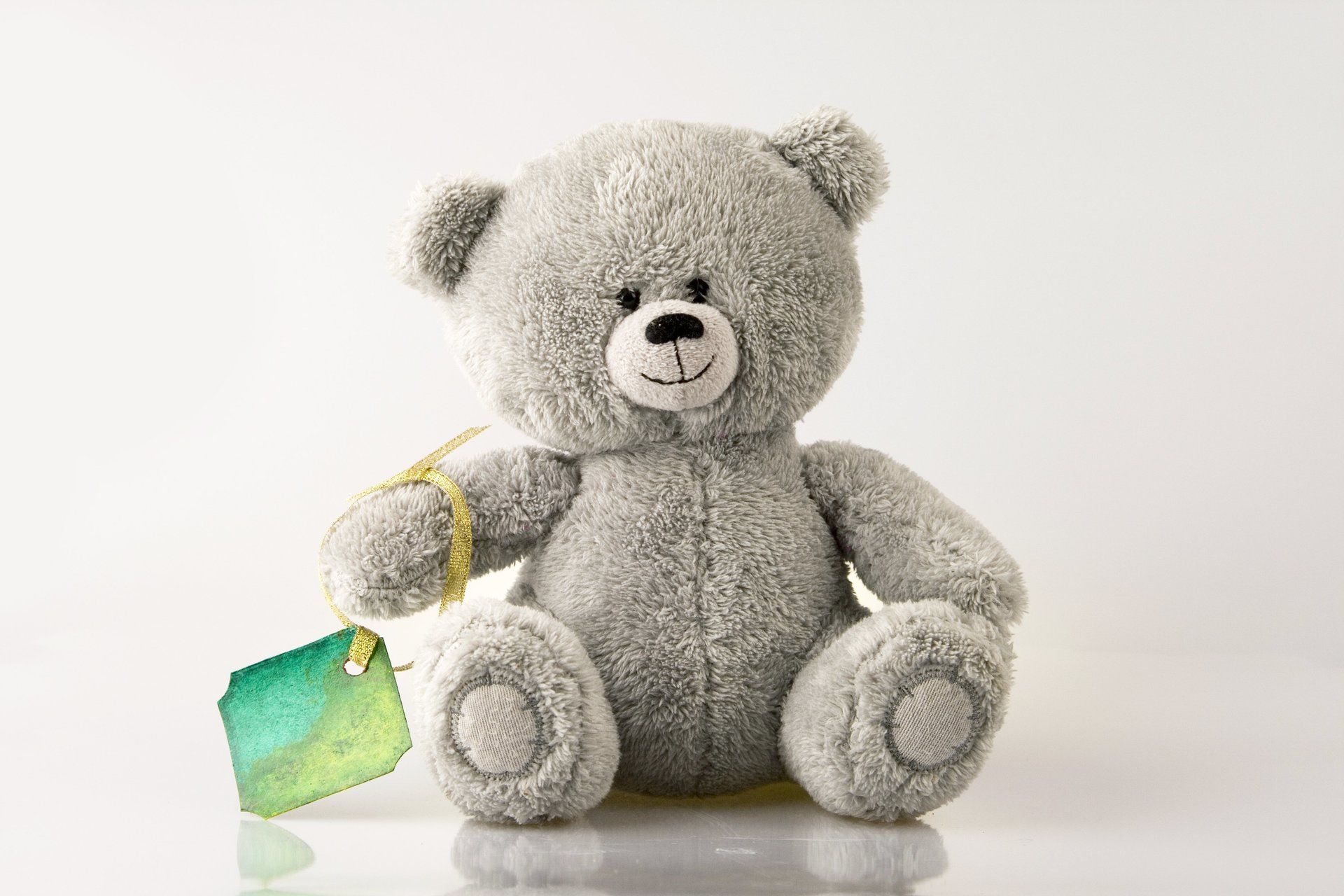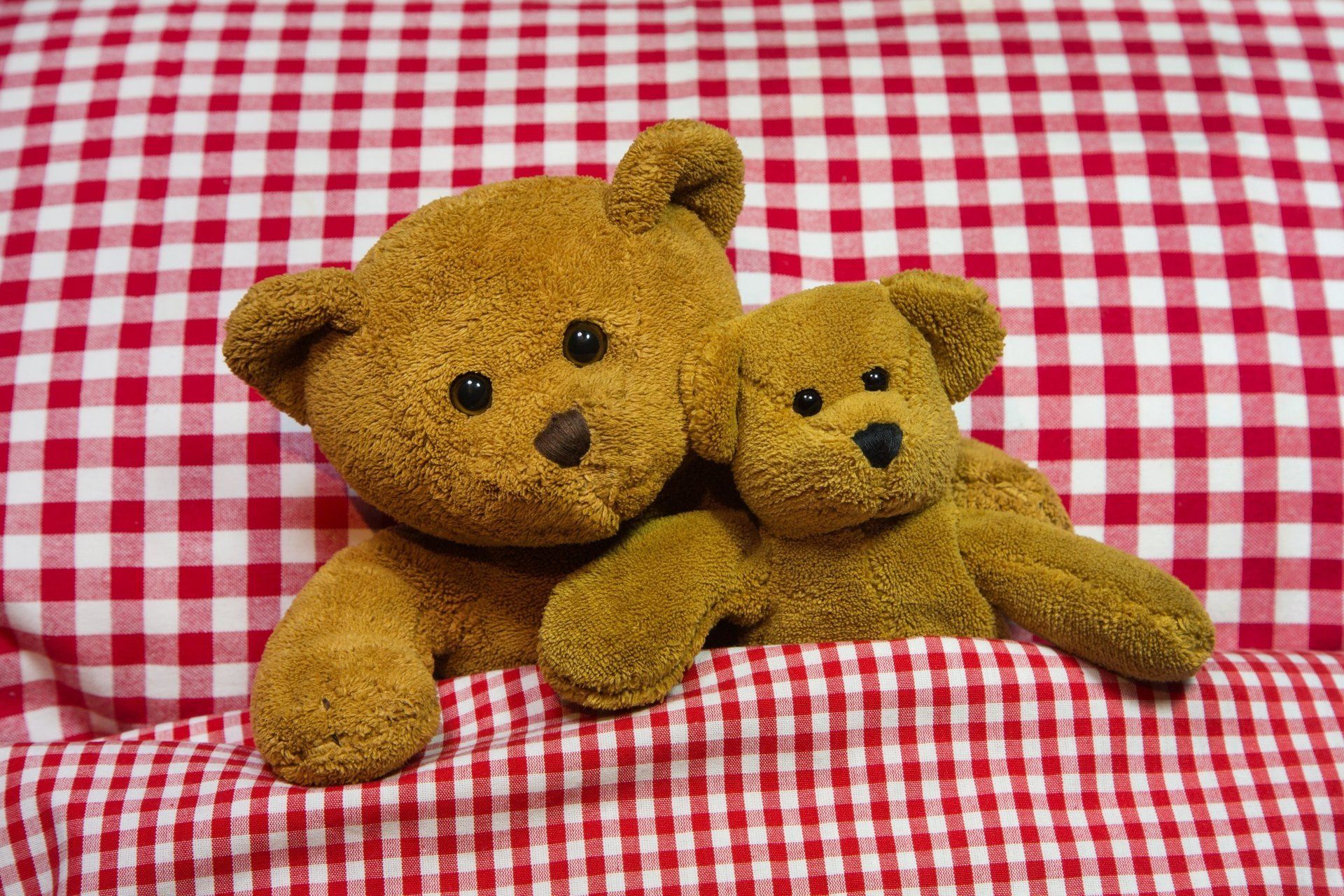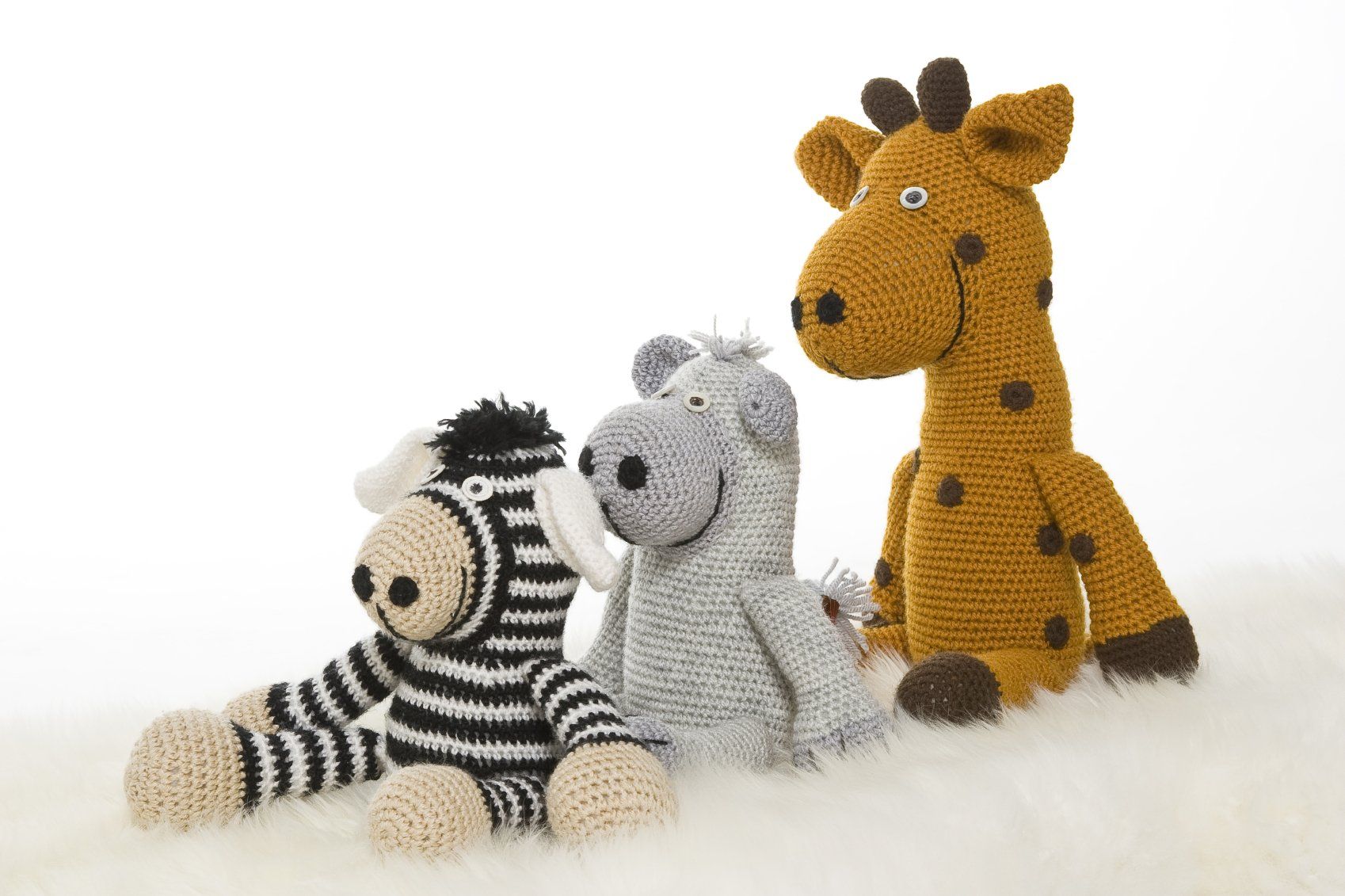Early Educators Montessori Nursery
Our Philosophy
At Early Educators Montessori nursery, we take a holistic approach that follows the EYFS principles together with the Montessori method.
The Montessori Philosophy teaches a progressive curriculum that uses child-directed learning, this is backed by scientific research and observation as its core value.
Instead of the traditional teaching methods, children will make their own choices whilst directresses guide them along the way.
Montessori teaching allows children to grow and develop quickly in an environment that is warm and stimulating.
Children will be encouraged and given opportunities to develop to their full potential.
EYFS or Montessori?
Compare the EYFS principles with the Montessori Perspective
Areas of Learning
EYFS
The Early Years Foundation Stage objectives are structured around seven developmental sections known as the EYFS Areas of Learning.
These EYFS areas of development are structured to cover the most active developmental phase in a child's early years.
MONTESSORI
There are five key areas of learning in the Montessori environment.
Each area helps your child learn and grow by stimulating their development through logical and creative experiences.
Areas of Learning
| EYFS | Montessori |
|---|---|
| Physical Development, Personal Social and Emotional Development | Practical Life |
| Communication and Language, Literacy | Language |
| Maths | Mathematics |
| Understanding the world, Expressive Arts and Design | Culture |
| Physical Development, Personal Social and Emotional Development | Sensorial |











